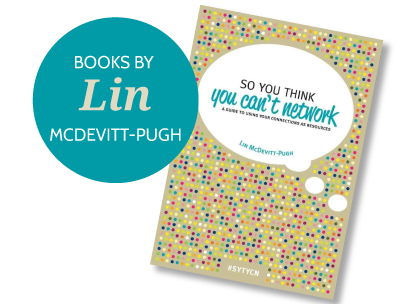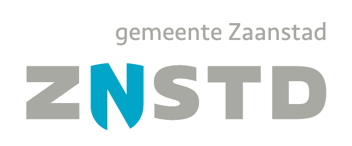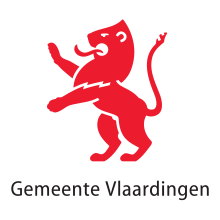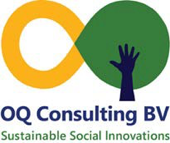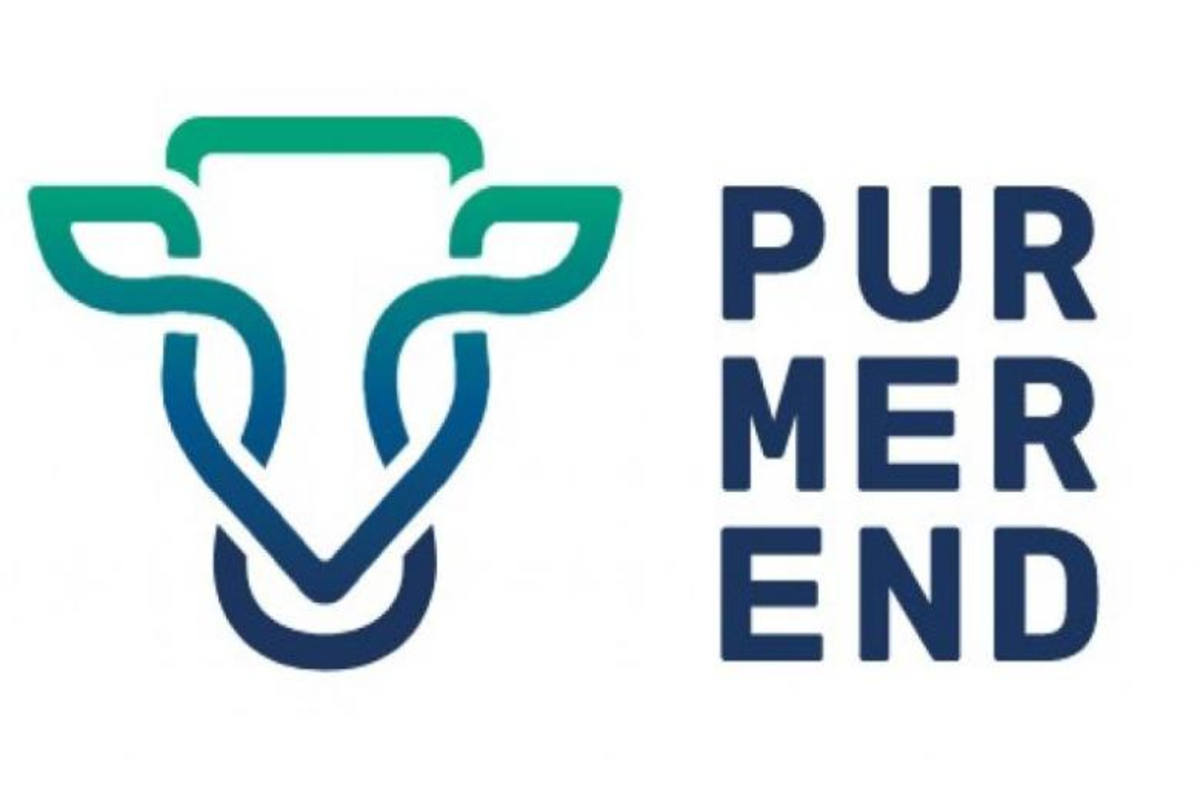Somalia. 2000 kilometers of coast, 20 years of civil war. People in Somalia may want to eat fish, but there are too few fisher boats to catch fish, and when they do there is hardly any infrastructure to get the fish to market. During the civil war years, which only started coming to an end in 2012, the coast was clear for international trawlers to come and empty the sea of fish stock, to fish for tuna and other highly profitable fish and sell it on the world market.
Many thousands of Somalis fled the civil war and came as refugees to Europe. Here they participated in civic life and received the education of their choice. They formed clubs to support newcomer Somalis, helping them find their feet in a strange land. When the opportunities started to arise to combine their education with their desire to rebuild Somalia, they started to develop their clubs as aid organizations. I was introduced to one such organization and worked with them to develop an offer for a tender than Unicef posted, to develop the civic voice of citizens of Mogadishu. We were successful in winning the tender. Unfortunately, the project did not eventuate: I understand that graft and corruption of a Somali authority got in the way.
That did not stop the organization from developing every new opportunity they find to make a difference in their home country. In August this year, the organization received a letter from the Dutch Ministry for Foreign Affairs, inviting them to compete in a tender process with a project designed to create jobs in Somalia and help the international community dam the flow of refugees. The organization decided to focus on rebuilding the fishing industry in a specific area in Somalia, creating jobs building boats, fishing, running the cool storage site and selling the fish to small vendors who would sell them in the villages.
This is a major project. From its conception, it can only be successful if international teams of professionals are brought together. The boat building expertise of Sri Lanka, the fishing expertise of Urk, the coastal fishing communities in the particular part of Somalia, the local expertise of several companies in Somalia, the aquatic expertise of a Dutch university are a few of the expertises needed to develop a project that will impact in the long term on development and job creation in Somalia. Working with the Somali government and their programme to enhance fisheries will be needed.
At the end of September, the United Nations agreed on the Sustainable Development Goals, the follow-up to the Millennium Development Goals. The final goal, number 17, is to strengthen the means of implementation and revitalize the global partnership for sustainable development. Within this goal, signatories are required to “encourage and promote effective public, public-private, and civil society partnerships, building on the experience and resourcing strategies of partnerships”.
Understanding how partnerships work is becoming increasingly more important. It is not enough to set up partnerships on paper and hope they endure the lifetime of the project. So many things can happen. The principle partners in the agreement may leave their company and be replaced by new principles, who may or may not like the idea of working in this partnership or indeed focusing on this work. There may be irritations or even conflicts around the distribution of wealth within the partnership. Partnerships require enduring cooperation strategies, where people meet, share with each other what they are up to, ask each other how they can contribute to the other, provide resources. They require that people dare to be inquisitive about the other, and are able to see the greatness in the other.
I have an opinion. Ministries and organizations should look less as the competitive aspect of development work and more at how to bring great players together, to make change happen. FRIS Collective, NETSHEILA, OQ Consulting, Crosswise Works are at their service to further develop their understanding of partnerships.
=====
Lin McDevitt-Pugh, award-winning writer and principle of NETSHEILA, expresses her core values as freedom, exploration and courage, serving a noble cause of promoting dignity and respect for all people. Bringing people together to work in cooperation, rather than competition, is her passion.
Our clients







